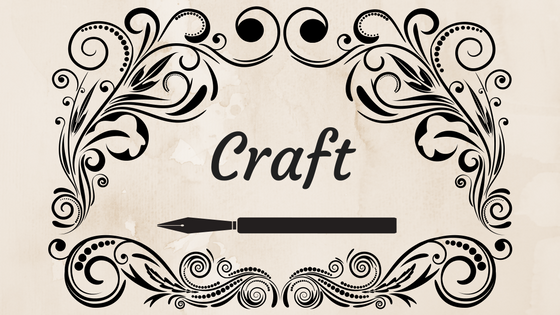by RV Howard
It starts with a small detail…
There is a scene in a novel I am writing in which the protagonist interviews a Buddhist priest.
I was raised Lutheran, but I’m a Father Brown fan, so I can handle interviewing a Catholic priest, even a bishop. But I realized that I did not know if Buddhists even had priests. Several years ago, I attended a “lecture” by the Dali Lama, but I couldn’t remember if he was introduced as a Dali or a Lama.
So I Googled “Buddhism.” Two days later, I was ready to convert. I now know more about Buddhism than most Buddhists. The trouble is that my novel is not about Buddhism. I almost forgot what it is about.
Which leads to a deep rabbit hole…
I am a former business journalist. In that profession a story starts with an idea followed by as much research as the publisher’s budget and the deadline will allow.
I like research. I grew up with a twenty-volume encyclopedia in the house. Whenever I asked too many questions as a child, my father or mother would say, “Look it up.”
Great concept. I knew more about New York City when I was in the eighth grade than anyone living in New York City.
I mentioned in an earlier post how my first effort writing fiction ended up on the rocks of Who, What, Where, When and Why. That novel involved characters acting out in eight countries across four continents. It included sections on:
- Afghan Tribal customs
- Jesuit philosophy
- How people made fortunes buying certain credit default swaps on Wall Street in 2005
- United States Army drone piloting and targeting procedures
- The operations of the Turkish Mafia in southeast Europe and the eastern Mediterranean
- The chemistry of exotic explosives.
Talk about overindulgence! My beta readers averaged three months to finish reading my version of a James Michener epic.
So how do I tame my tendency toward research overindulgence?
Here’s a synopsis of my current fiction effort: The antagonist in my novel is a very intelligent young man suffering from Asperger syndrome. He’s also a skilled musician who happens to be the Crown Prince of a small, but corrupt kingdom in the Himalayas, which has a unique hemp oil formula that cures/retards Alzheimer’s. It is a bizarre kidnap story.
Step 1:
Like any addict, I acknowledge my weakness—my inclination to do and include too much research. I remind myself it’s fine to create reasonably accurate, believable settings, but settings are not what entertain the average reader. They want interesting characters and an intriguing plot – action and reaction. He or she is reading my stuff because they want to be entertained. They may not be as fascinated as I am by the esoteric details.
Step 2:
I ask myself what I actually need to know to flesh out my story. In this case, most of the action takes place in London (English police procedure) and its environs (detailed knowledge of neighborhoods and suburbs). The protagonist’s female partner operates a stylish restaurant on Canary Wharf (see King Henry IV and the Isle of Dogs). It gets complicated.
Step 3:
Make my checklist:
- My antagonist with Asperger – only include details as they affect the story.
- London police procedure – only what makes interesting characters and what is necessary for verisimilitude.
- The geography of London – only where my characters actually spend their time.
- Buddhism – only in terms of information revealed, not so much about monks’ duties, temple decor and administration. (Even though I love that stuff.)
And this is just for the first act. I have to be careful not to go overboard with research moving forward.
Writing fiction is about entertaining first, and educating is a distant second. Research is the cherry on top of the whipped cream on top of the ice cream. I must attract and hold readers’ attention with memorable characters, clever and surprising plots twists, and just enough esoteric information to win a free drink on trivia night at the pub.
Signed: Writer101
***
 RV Howard’s articles have appeared in The New York Times, Business Week, Consumer Reports, Family Handyman and a dozen trade and business publications. He now lives in Idaho, an hour from Hemingway’s cabin. His first novel, The Pastun Gene, is unpublished as of this posting.
RV Howard’s articles have appeared in The New York Times, Business Week, Consumer Reports, Family Handyman and a dozen trade and business publications. He now lives in Idaho, an hour from Hemingway’s cabin. His first novel, The Pastun Gene, is unpublished as of this posting.

